 In the past few months, mortgage rates have risen sharply. August saw the Bank of England (BoE) raise rates for a 14th consecutive time, with the base rate now standing at 5.25%.
In the past few months, mortgage rates have risen sharply. August saw the Bank of England (BoE) raise rates for a 14th consecutive time, with the base rate now standing at 5.25%.
Moneyfacts reports that fixed-rate mortgages, for two-, five- and 10-year terms are around 3% higher on average compared to December 2021.
If you’re on a variable or tracker rate, your mortgage deal has recently ended, or you’re coming towards the end of a low-cost fixed-rate product, it’s likely you’ll see your repayments rise sharply. The BBC reports that nearly 1 million households will see their repayments rise by at least £500 a month by the end of 2026.
If you’re looking for a way to bring down the cost of your home loan, an “interest-only” mortgage could be a practical choice.
With many lenders now offering interest-only mortgages, could this be the right approach for you?
Read on to find out:
- How an interest-only mortgage could help you to reduce your repayments
- Why an interest-only loan could be a useful choice when buying a home
- How a broker could help you access an interest-only deal when you switch your mortgage.
Interest-only mortgages can help you to reduce your repayments
Under an interest-only mortgage, your monthly repayment consists solely of interest on the amount you borrow.
Compare this to a capital and interest (or “repayment”) mortgage where your repayment is made up of interest and some of the amount you borrowed.
With an interest-only mortgage, your outstanding balance will never reduce. So, you’ll owe the same amount you initially borrowed at the end of the term. You’ll need to repay the mortgage from another source – this is typically from the sale of the property although it could be from the sale of other assets such as a second property or savings/investments.
The main benefit of paying just the interest on your home loan is that your repayments will be lower than with a traditional repayment mortgage.
The table below shows the comparative monthly costs for different loan sizes on both interest-only and repayment mortgages. It assumes an interest rate of 5.5% and a term of 25 years.

Source: Altura mortgage calculator
As this table shows, an interest-only mortgage could help you to keep your repayments at a manageable level in an environment of higher interest rates. And, positively, there are many lenders who will consider this type of arrangement.
Many mainstream lenders offer interest-only options
As with all mortgages, each lender has their own specific policy when it comes to interest-only lending. However, as a general rule, here are the criteria you’ll need to meet:
- You’ll need to earn at least £75,000 a year if applying alone, or £100,000 combined income for joint applicants (some lenders require one of the applicants to earn at least £75,000 a year)
- You can borrow up to 75% of the value of the property, either for purchase or remortgage. (bear in mind that some lenders will only lend a maximum of 50% of the value as interest-only and the remainder will have to be on a repayment basis)
- The maximum term will normally be 25 years
- The repayment vehicle will normally be the sale of the mortgaged property (sometimes called “SOMP”).
Some lenders do offer useful alternatives. For example, Leeds Building Society will let you borrow up to 60% of the value of the property on an interest-only basis, while the Skipton Building Society will consider 70% loan-to-value.
Here’s an example of how an interest-only mortgage could work if you’re buying a home.
- You want to borrow £800,000 against a valuation of £1.2 million
- A lender lets you take £600,000 on an interest-only basis (equivalent to 50% of the value)
- The remaining £200,000 will be on a capital and interest basis over the term of the mortgage
- You will repay the outstanding £600,000 balance at the end of the term from the sale of the property.
Depending on how much you wish to borrow, it’s possible you might want to structure the loan on a “part and part” basis, with a portion of the mortgage on interest-only and the rest on repayment. This can help to keep your monthly costs down – although remember you’ll need to pay back the interest-only part of the loan when the term ends.
Interest-only can be a great option if your mortgage deal is coming to an end
You’ve previously read about steps you can take if your mortgage payments are set to rise sharply.
As many low-cost fixed-rate deals end, millions of borrowers are facing sharp rises in their repayments.
One way to manage your repayments, if your deal is coming to an end, is to consider an interest-only mortgage – even if you’re on a capital and interest/repayment mortgage now.
If you owe less than 75% of the value of your home, you could consider switching some of the loan to an interest-only basis, to be repaid from the eventual sale of the property (or other sources).
This could have the effect of reducing your mortgage repayments and making them more manageable.
Finding information about this option online can sometimes be tricky, with many lenders saying they will only consider this type of arrangement on a case-by-case basis.
So, it can be really beneficial to speak to a mortgage broker here. We can work with you to structure your mortgage in a way that works for you, and our market expertise means we can find a lender that offers the interest-only, or “part-and-part” deal that suits you.
Get in touch
If you’d like to explore whether an interest-only mortgage might be the right solution for you, please get in touch. Email [email protected] or call us on +44 (0) 20 3411 0079.
Please note
Your home may be repossessed if you do not keep up repayments on a mortgage or other loans secured on it.




